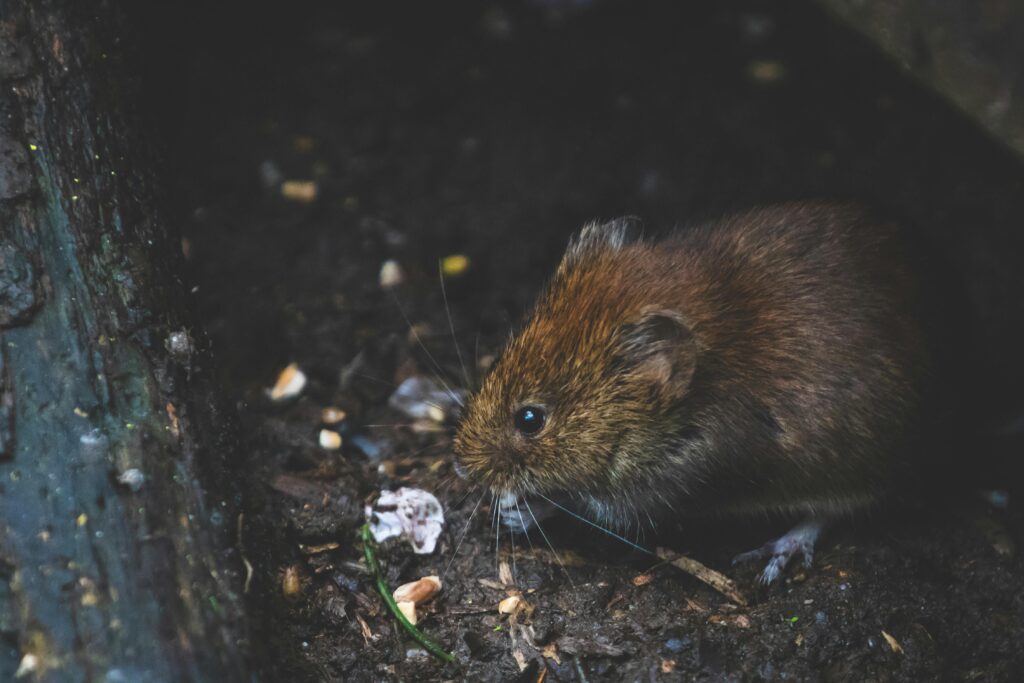Healthy Habits, Happy Pets: Understanding the Basics
The Role of Nutrition in Pet Health
- Nutrition plays a crucial role in the overall health and well-being of our pets. As a pet owner, it’s essential to provide a balanced diet that meets their specific dietary needs. By ensuring they receive the right mix of proteins, carbohydrates, fats, vitamins, and minerals, I can help my furry friend stay healthy and active. For instance, including lean meats, whole grains, and vegetables in my pet’s diet can promote strong muscles, a shiny coat, and a robust immune system.
Exercise: Why Activity is Essential for Your Pets
- Regular exercise is just as important for pets as it is for humans. Engaging in physical activities helps my pet maintain a healthy weight, improves their cardiovascular health, and enhances their overall mood. Whether it’s playing fetch in the backyard, going for a walk in the park, or setting up an agility course, I ensure my pet gets enough exercise to keep them happy and fit. By incorporating fun and engaging activities into their routine, I strengthen the bond with my pet while keeping them mentally stimulated and physically healthy.
What to Feed Your Furry Friends
Decoding Pet Food Labels: What’s Really Inside
When it comes to selecting the right food for your pet, it’s essential to understand how to decode pet food labels. These labels provide valuable information about the ingredients and nutritional content of the food. Look for named protein sources like chicken, beef, or fish listed as the primary ingredients. Avoid foods with generic terms like “meat by-products” or “animal digest.” Additionally, ensure that the food meets the nutritional standards set by reputable organizations like the Association of American Feed Control Officials (AAFCO). By deciphering pet food labels accurately, you can make informed choices that contribute to your pet’s overall health and well-being.
Supplements for Pets: Are They Necessary?
While a balanced diet is crucial for your pet’s health, you may wonder if supplements are necessary. In general, if your pet is eating a complete and balanced diet, additional supplements may not be required. However, specific health conditions or deficiencies may warrant supplementation. Consult with your veterinarian before introducing any supplements to your pet’s diet. They can provide guidance on whether supplements are necessary based on your pet’s individual needs. Remember, adding supplements without professional advice can potentially harm your pet’s health.
Designing a Balanced Diet for Different Pet Species

1. Nutritional Needs of Dogs and Cats
- When it comes to the nutritional needs of dogs and cats, it’s essential to recognize that they have unique dietary requirements. Dogs are omnivores, meaning they can benefit from a diverse diet that includes proteins, fats, and carbohydrates. On the other hand, cats are obligate carnivores, necessitating a diet rich in animal-based proteins.
- For dogs, a balanced diet should consist of high-quality protein sources like chicken, beef, or fish, along with healthy fats and carbohydrates from sources like sweet potatoes, peas, and whole grains. Including essential vitamins and minerals in their diet is crucial to support overall health and well-being.
- Cats, being obligate carnivores, require diets rich in animal proteins such as chicken, turkey, or fish. They also need sufficient taurine, an amino acid found in meat, to maintain proper heart and eye health. Additionally, providing adequate moisture in their diet, either through wet food or regular access to clean water, is vital for kidney function and preventing urinary tract issues.
- Understanding these specific nutritional needs for dogs and cats is crucial in designing a balanced diet that promotes their health and longevity.
2. Special Dietary Considerations for Small Animals
- When it comes to small animals like rabbits, guinea pigs, or hamsters, their dietary needs differ from those of dogs and cats. Small animals are herbivores and require a diet rich in fiber to support their digestive health. Hay should be a staple in their diet, providing essential fiber and promoting dental wear.
- In addition to hay, small animals can benefit from fresh vegetables like leafy greens, carrots, and bell peppers, which provide essential vitamins and minerals. However, it’s crucial to introduce new foods gradually to avoid digestive upset.
- Certain small animals, such as rabbits, have specific dietary requirements, including the need for a constant supply of hay to support gut motility and dental health. Avoiding high-sugar and high-starch foods is essential to prevent obesity and dental issues in these small herbivores.
- By understanding the unique dietary needs of small animals and providing them with a balanced diet rich in fiber and essential nutrients, pet owners can ensure the health and well-being of their furry companions.
Exercise Routines for Pets
Building an Exercise Plan for Dogs
When it comes to designing an exercise plan for dogs, I focus on tailoring activities to their breed, age, and size. Whether it’s a high-energy breed like a Border Collie or a small dog like a Dachshund, regular exercise is essential. I incorporate a mix of activities such as daily walks, playtime, and mental stimulation to keep them engaged and healthy.
For smaller dogs, indoor games like hide-and-seek or interactive toys can provide the needed physical and mental stimulation. On the other hand, larger breeds may benefit from activities like running, hiking, or even swimming. By varying the intensity and duration of exercises, I ensure that my furry companions stay fit and mentally sharp.
Indoor Activities for Cats and Small Pets
Indoor activities are crucial for ensuring that cats and small pets get enough exercise, especially when outdoor space is limited. For cats, interactive toys, scratching posts, and puzzle feeders are excellent choices to keep them active and mentally stimulated. I also create indoor obstacle courses using boxes or tunnels to encourage their natural instinct to play and explore.
Small pets such as rabbits or guinea pigs can benefit from activities like obstacle courses with tunnels, hiding treats for them to find, or providing different textures for them to explore. These activities not only keep them physically active but also prevent boredom and promote overall well-being.
By incorporating a variety of indoor activities tailored to their needs, I ensure that my pets receive the exercise they require to lead happy, healthy lives.
Beyond Food and Exercise: The Importance of Regular Check-ups
Why Veterinary Visits Are Critical to Pet Health
Regular veterinary visits play a crucial role in maintaining the health and well-being of our furry companions. During these check-ups, veterinarians can assess your pet’s overall health, detect any underlying issues early on, and provide preventive care to ensure a long and healthy life for your pet. It’s essential to schedule routine check-ups at least once a year, even if your pet appears to be in good health, as many health problems may not exhibit visible symptoms.
Preventive Care Measures for Long-Term Wellbeing
Preventive care is key to ensuring the long-term health and happiness of your pet. This includes vaccinations to protect against common diseases, regular screenings for parasites, such as fleas and ticks, and dental care to maintain good oral hygiene. Additionally, maintaining a healthy weight through proper nutrition and regular exercise can help prevent obesity-related health issues in pets. By staying proactive and following preventive care measures, you can help your pet live a long, happy, and healthy life.


